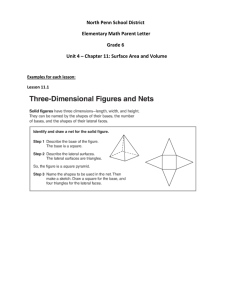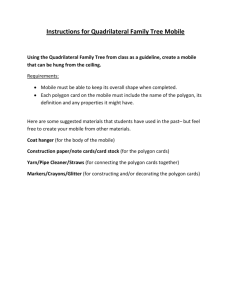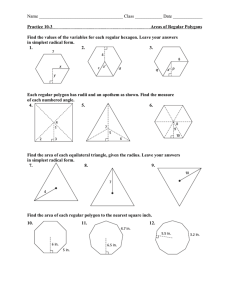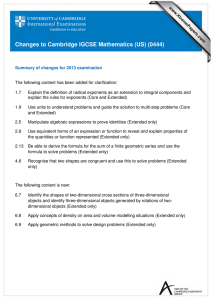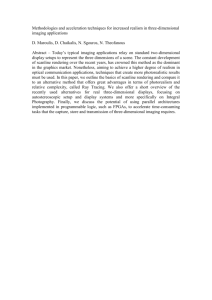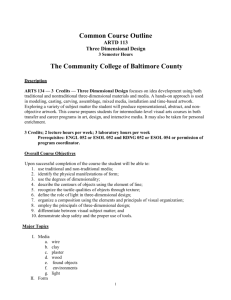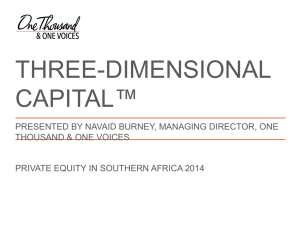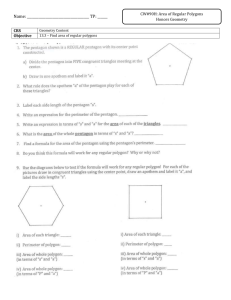North Penn School District Elementary Math Parent Letter Grade 2
advertisement
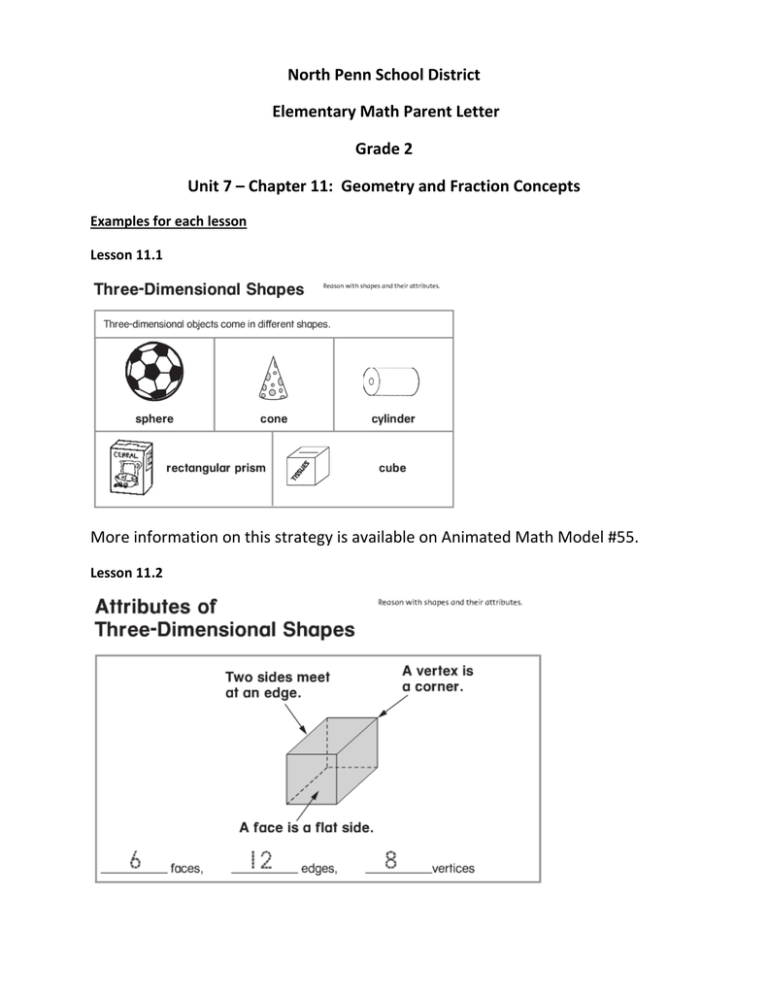
North Penn School District Elementary Math Parent Letter Grade 2 Unit 7 – Chapter 11: Geometry and Fraction Concepts Examples for each lesson Lesson 11.1 More information on this strategy is available on Animated Math Model #55. Lesson 11.2 Lesson 11.3 More information on this strategy is available on Animated Math Model #56. Lesson 11.4 Lesson 11.5 More information on this strategy is available on Animated Math Model #57. Lesson 11.6 Lesson 11.7 Lesson 11.8 Lesson 11.9 Lesson 11.10 Vocabulary Angle – a shape formed by two line segments that share the same endpoint Cone – a three-dimensional shape with a circular base and a point at the top Cube – a three-dimensional shape with six square faces Cylinder – a three-dimensional shape with two circular parallel bases and a curved surface Edge – where two faces of a three-dimensional shape meet Face – a polygon that is a flat surface of a three-dimensional shape Fourths – four equal parts Halves – two equal parts Hexagon – a polygon with six sides Pentagon -- a polygon with five sides Quadrilateral – a polygon with four sides Rectangular prism – a three-dimensional shape with six faces that are rectangles Side – one of the line segments that forms a polygon Thirds – three equal parts Vertex – the point where 2 sides of a polygon meet or 3 or more edges of a three-dimensional shape meet
